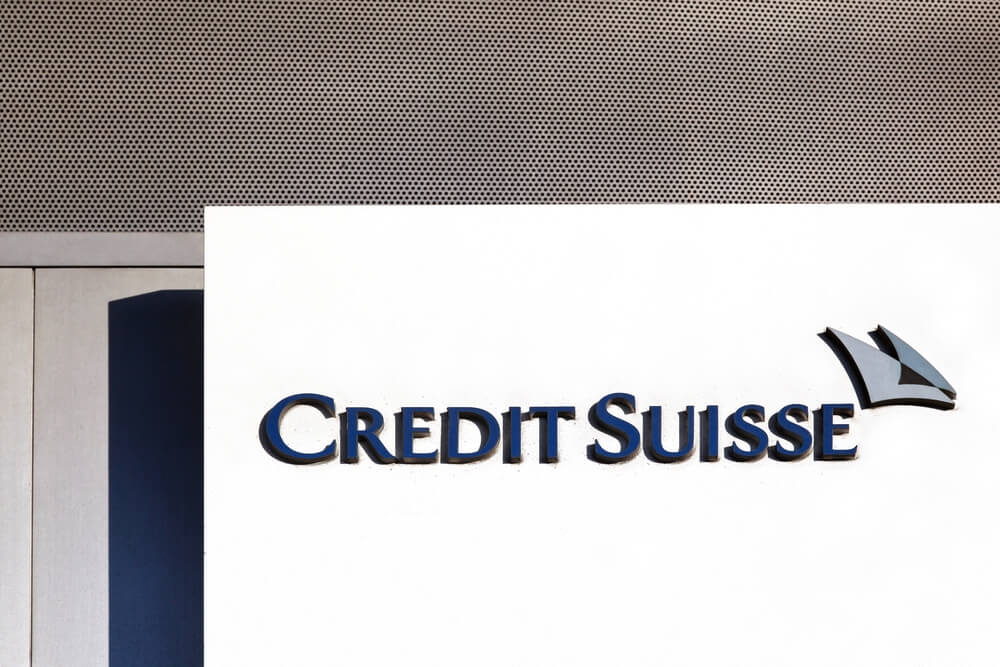Credit Suisse Private Banking Asia Pacific Division Chief Investment Officer John Woods tried to assuage client fears this morning about the coronavirus outbreak that has decimated stock markets around the world this week, including the U.S.
Since closing down 128 points to 29,219 on Thursday, Feb. 20, the Dow Jones Industrial Average has cratered to 26,073, or 10.8%, as of 10:30 a.m. EST. In the same period, the S&P 500 has fallen from 3,373 to 3,014, or 10.6%, and the Nasdaq has fallen from 9,750 to 8,628, or 11.5%, correction territory for all three major U.S. indexes.
Woods said Credit Suisse has been studying how the market has been selling off to try and discern any useful patterns and trends.
“Has it been discriminate, has it been indiscriminate, has it been irrational or indeed rational? I believe that if we can understand the behavioral aspects behind the sell-off, we can identify … trends and patterns throughout global markets,” Woods explained while appearing on CNBC just after midnight Thursday morning. “So what we’re finding is that the market hasn’t been particularly nuanced about the sell-off. At best, it has merely punished high-beta sectors and indeed favored low-beta sectors. And the relative performance suggests to us that the market has been going somewhat by a standard vanilla financial template at best.”
Woods said he is seeing a sell-off that has so far been indiscriminate as people flee to more traditional safe-have assets like gold and bonds.
“But what is more interesting to us is there seems to be more discriminate buying in the recovery stage. So for example in China, we saw health care and IT (stocks) performing much better in the first three weeks of February,” he said. “And to us that suggests a little bit more rational behavior by investors and I suspect something similar will happen in global markets, particularly the U.S. and Europe.”
So will Credit Suisse take part in this “discriminate” buying and if so, how should investors best game plan?
“I think our most important message to clients right here, right now, is that the best way to de-risk portfolios is through diversification. It’s got to the point now we’re hedging … (because) global markets have become, I think, really quite expensive, and possibly that opportunity where low levels were back a couple of weeks ago represented ideal timing. So we think now that diversification is the key.
“I note, for example, closer to home in Asia, that Asian high-yield (bonds) is up about 1% year to date, Asian investment-grade is up about 3% year to date. These are still very strong metrics … . We think that, for example, Chinese new economy stocks, in particularly AI on the Shenzhen market have been performing pretty strongly, up 10% year to date. So there are absolute opportunities to diversify through a balanced exposure to various asset classes, but also some of the more thematic … new economy stocks … .”




